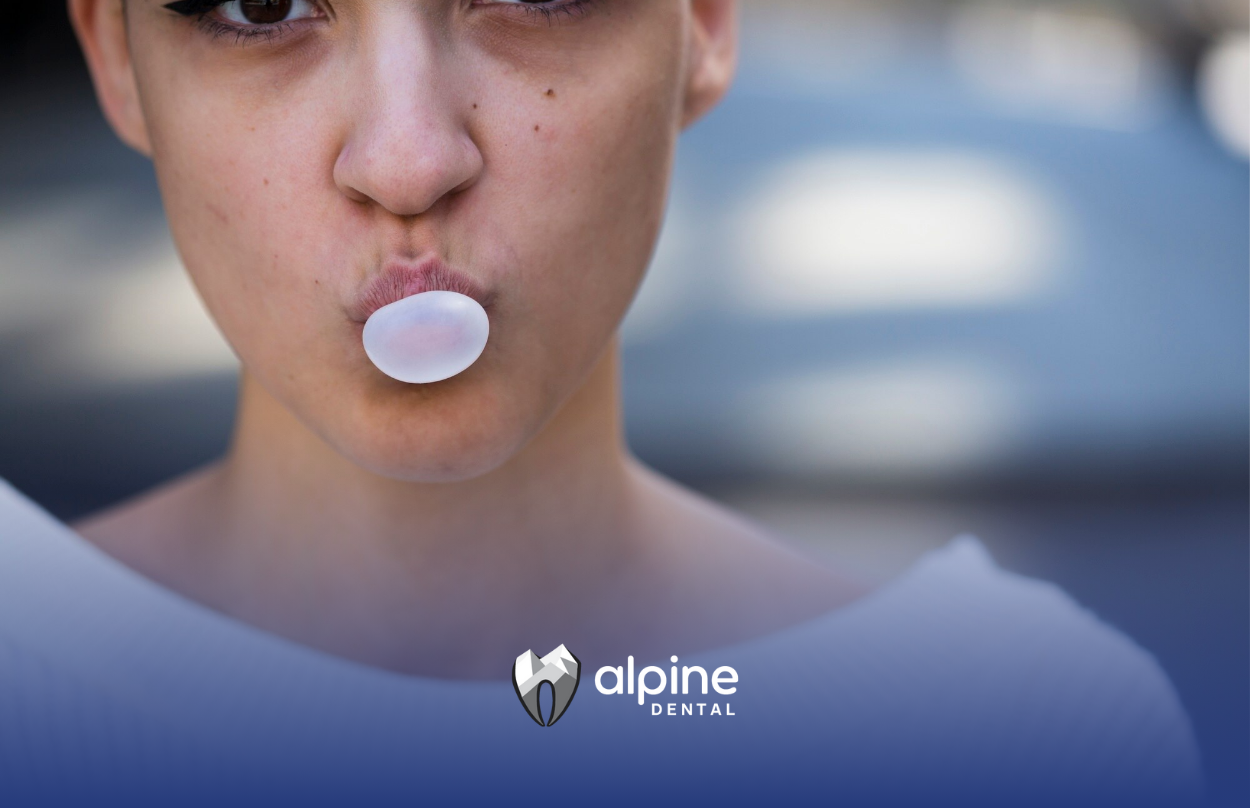What to Expect at Your First Dental Visit
Going to the dentist for the first time—or even visiting a new dentist—can feel a little nerve-wracking. You might be wondering, Will it hurt? What will they do? Do I really need those X-rays?
The good news? Your first dental visit is all about making sure your teeth and gums are healthy—and helping you feel comfortable with your new dental team. Think of it as a chance to get to know your dentist, ask any questions, and set the foundation for a lifetime of great oral health.
To help you feel more confident, let’s walk through exactly what to expect during your first dental appointment—from the moment you walk in to the moment you leave with a cleaner, healthier smile.
Before Your First Dental Appointment: Getting Ready
A little preparation goes a long way in making your visit smooth and stress-free.
How to Prepare for Your First Dentist Visit
To make the most of your appointment, take a few minutes to get organized:
- Gather your medical history – Your dentist needs to know about any health conditions or medications that could affect your oral care.
- List any dental concerns – Do you have tooth sensitivity? Bleeding gums? Any pain? Writing these down helps ensure you don’t forget to mention them.
- Brush and floss beforehand – This isn’t a requirement, but it’s a nice courtesy before your cleaning.
- Plan to arrive early – Giving yourself an extra 10-15 minutes allows time for paperwork and a stress-free check-in.
What to Bring to Your First Appointment
Make sure to bring the following:
- Insurance card & policy details – If you have dental insurance, this helps the office confirm your coverage.
- Dental history & previous X-rays (if available) – If you’re switching dentists, bringing past records can give them insight into your oral health.
- A list of medications – Some medications affect your teeth and gums, so it’s good for your dentist to be aware.
What Happens When You Arrive?
Check-In & Paperwork
When you walk into the dental office, you’ll be greeted by the front desk staff. If it’s your first visit, they’ll ask you to fill out some new patient forms. These will cover:
- Your contact information
Medical history (chronic conditions, medications, allergies, etc.) - Dental history (past treatments, pain or sensitivity issues)
Insurance details and payment options
Don’t be afraid to ask the staff if you have any questions about the paperwork—it’s their job to make sure everything is clear!
The Dental Examination: What to Expect in the Chair
Now comes the main part of your visit—the dental exam! This is your dentist’s chance to get a full picture of your oral health and create a personalized care plan just for you.
Step 1: Meeting Your Dental Hygienist
Before you see the dentist, a dental hygienist (the person who cleans your teeth) will likely start by asking about any concerns you have. This is a great time to bring up any discomfort, pain, or dental goals you have (whiter teeth, fixing a chipped tooth, etc.).
Step 2: The Initial Oral Exam
Your hygienist or dentist will take a close look at your teeth and gums, checking for:
- Cavities
- Gum disease (redness, swelling, or bleeding)
- Signs of enamel wear (from grinding or acid erosion)
- Any abnormalities that might need further evaluation
Step 3: Professional Teeth Cleaning
This is where your teeth get a deep clean beyond what brushing and flossing at home can do. Your hygienist will:
- Remove plaque and tartar – Using special tools, they’ll gently scrape off buildup that can lead to cavities and gum disease.
- Polish your teeth – A spinning toothbrush with a special gritty paste helps remove surface stains.
- Floss your teeth – Even if you floss daily, a pro can reach spots you might miss.
If your gums feel a little sore afterward, don’t worry—it’s normal, especially if it’s been a while since your last cleaning.
Step 4: Dental X-Rays (If Needed)
Depending on your age and oral health, your dentist may take X-rays to check for hidden issues like cavities between teeth, bone loss, or impacted teeth. These images help catch problems early before they turn into bigger (and more expensive) issues.
Talking with Your Dentist: Your Personalized Care Plan
After your exam and cleaning, you’ll sit down with your dentist to go over their findings.
If everything looks good – Great! Your dentist will likely recommend coming back in six months for another checkup.
If there are concerns – Your dentist will explain what’s going on and discuss treatment options. This could be anything from needing a filling for a small cavity to a deep cleaning for early gum disease.
Ask questions! – This is your chance to get expert advice tailored to you. Some good questions to ask your dentist include:
- “How can I improve my oral hygiene routine?”
- “Are there any early warning signs I should watch out for?”
- “Do I need any special treatments or follow-ups?”
Your dentist wants to help you maintain a healthy smile, so don’t hesitate to ask anything on your mind.
What Happens After Your First Dental Visit?
Scheduling Future Appointments
Before you leave, the office staff will help you schedule your next visit. If you need a follow-up treatment, they’ll explain the next steps and what to expect.
At-Home Dental Care Tips
To keep your teeth in top shape between visits, your dentist will likely recommend:
🦷 Brushing twice a day with fluoride toothpaste
🦷
Flossing daily to remove plaque between teeth
🦷 Using mouthwash (if recommended) for extra protection
🦷 Avoiding sugary snacks and drinks that contribute to cavities
Conclusion
Your first dental visit is a huge step toward better oral health. By preparing ahead, knowing what to expect, and asking questions, you can make the experience smooth and stress-free.
At Alpine Dental, we believe that great dental care goes beyond just clean teeth—it’s about building trust, ensuring your comfort, and supporting your long-term oral health. Our experienced and compassionate team is dedicated to providing top-quality care in a welcoming environment, so you always feel valued and well cared for.
FAQs
What if I’m nervous about going to the dentist?
You’re not alone! If you have dental anxiety, let the staff know—they can offer extra reassurance and gentle care. Some offices even have sedation options for more relaxing visits.
Will my first visit include a deep cleaning?
Not always. If you have significant tartar buildup, your dentist may recommend a separate deep cleaning appointment.
How often should I go to the dentist?
For most people, every six months is recommended for routine checkups and cleanings. If you have specific dental concerns, your dentist may suggest more frequent visits.
Sources:
- https://www.webmd.com/oral-health/dental-visit-adult
- https://medlineplus.gov/lab-tests/dental-exam/
- https://www.ncbi.nlm.nih.gov/books/NBK263355/
- https://www.cigna.com/knowledge-center/what-happens-during-a-dental-check-up
- https://my.clevelandclinic.org/health/articles/dental-hygienist




